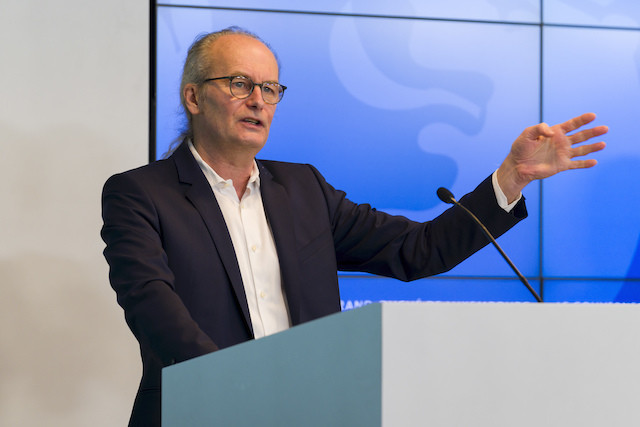“The national strategy will make our society more sustainable by rethinking our entire economy, from A to Z. The key sectors for the Luxembourg economy will be provided with a toolbox to federate public and private actors and to translate the vision into concrete projects,” green energy minister Claude Turmes said in a joint presentation with ministers for the environment and economy.
The roadmap to accelerate the transition towards an economy in which no material is ever thrown away, is based on regulations and standards through tax incentives and subsidies, among other things, education and training and digitization and support, particularly through data management.
The three ministers set out six steps for reaching their goal; defining objectives, developing concrete projects, ensuring more transparent communications with a dedicated website showcasing all CE initiatives in the country, closer collaboration with players in the greater region, increased international visibility and coordination between the three ministries plus the finance ministry.
Construction was a sector which will be incorporated into the strategy imminently.
“The word demolition will be deleted from the dictionary. It will be replaced by deconstructed. At the end of a building’s life, it will be deconstructed and the materials reused,” said Turmes
By 2025, the government will begin collecting data from new constructions to know what materials they are made of and how they can be reused when the building is deconstructed.
Luxembourg’s last government commissioned its first circular economy study in 2014. Today, it counts a number of circular economy players in the business world as well as pilot initiatives like the automotive campus in Bissen.
